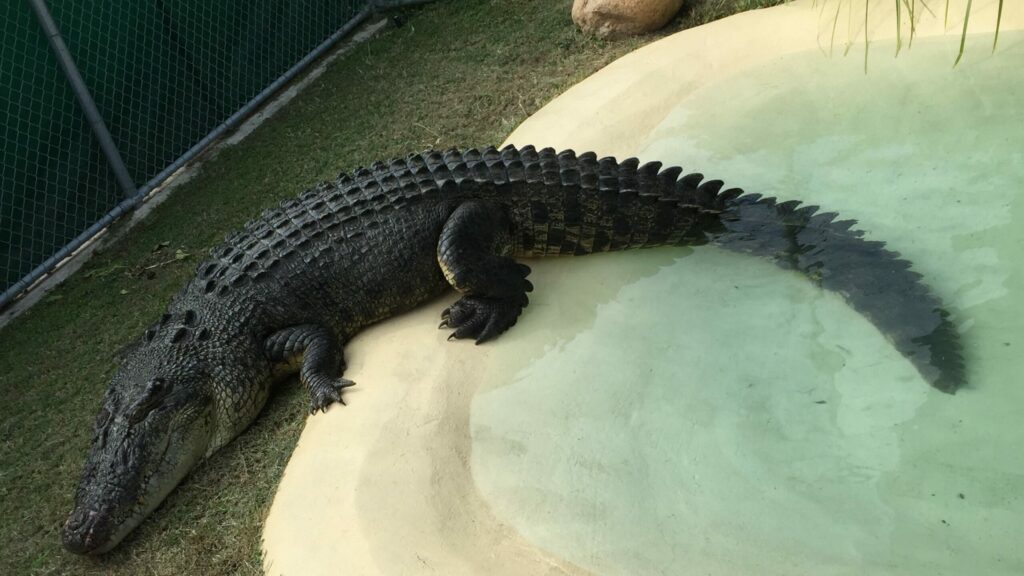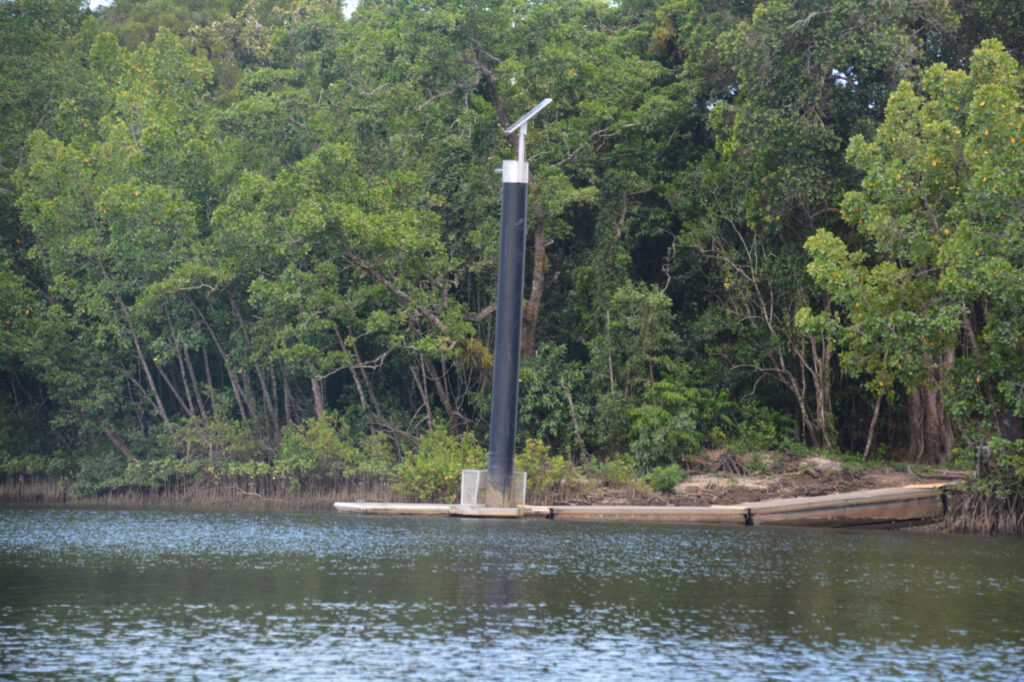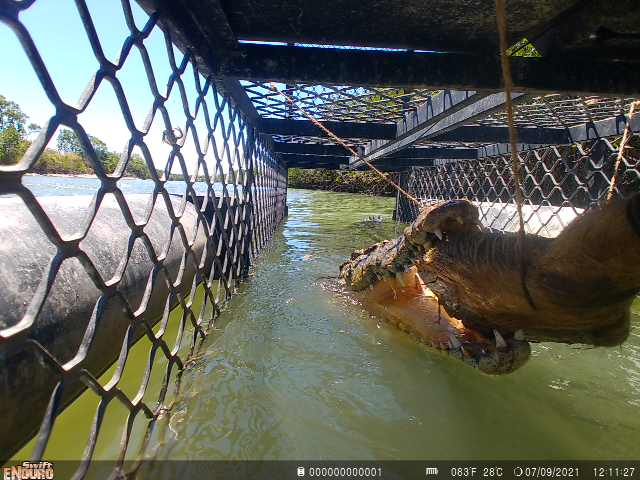Don’t feed the Crocs! How selfie culture threatens the future of QLD’s wild predator
Suellen Hinde - Queensland Editor |

Crocodiles in North Queensland are being removed from the wild because people are feeding them in order to show themselves off on social media, authorities say.
Some people have even taken a Steve Irwin-style approach and fed crocodiles with chicken meat on a rope to get sight of a crocodile known as “Fat Guts”.
The Queensland Department of Environment and Science said 15 crocodiles in less than three months this year have had to be removed from the wild by rangers and rehomed in captivity in either a zoo or farms.
The deliberate feeding of crocodiles makes them associate people with food and they become a greater threat to humans, forcing the Department to act to protect human life.
“People are reminded that enticing crocodiles with food for selfies or social media videos is extremely dangerous behaviour that could have fatal consequences,” a Department of Environment and Science spokesman said.
“The deliberate feeding of crocodiles can cause the animals to associate people with food. Those crocodiles may then start to approach other people for food or hang around areas such as boat ramps waiting for food.
“Deliberate or inadvertent feeding of crocodiles can also place future visitors at that location at an increased risk of a crocodile attack. The regular feeding of crocodiles can affect their behaviour and encourage the animals to remain in an area, waiting for their next meal.”
The crocodile in the video had to be removed from the Herbert River after people were feeding it.
Authorities are also concerned that people are failing to properly dispose of fish frames and bait at boat ramps which is also attracting crocodiles.

“Wildlife officers regularly investigate crocodile sighting reports where the animal appears to have been attracted to boat ramps due to the presence of discarded fish scraps, bait or other food sources,” the DES spokesman said.
“People should use bins at boat ramps to properly dispose of fish scraps or bait or dispose of unwanted bait or carcasses at home.
“The regular feeding of crocodiles, even if it is different people leaving fish scraps at a boat ramp over time, can change their behaviour and encourage the animals to hang around the area, waiting for their next meal.”
Another large 3.8metre crocodile was removed from the wild near Saunders Beach, north of Townsville. It was captured in a trap within 90 minutes after the animal was observed hanging around boat ramps and a pontoon at Purono Park on Althaus Creek.

DES wildlife officers believe the crocodile had been hanging around the boat ramps and pontoon because people had deliberately or inadvertently fed it discarded fish frames, fish scraps and leftover bait.
Wildlife officers set a baited trap and within 90 minutes the crocodile was caught – a strong indication the animal was used to feeding on discarded fish frames, fish scraps and leftover bait.
Another 2.2m croc had to be removed from Redbank boat ramp south of Cairns because people were leaving discarded fish frames in area.
The maximum penalty for inadvertently or deliberately feeding crocodiles is $5,222.
Anyone with information about the deliberate feeding of crocodiles should call DES on 1300 130 372.




